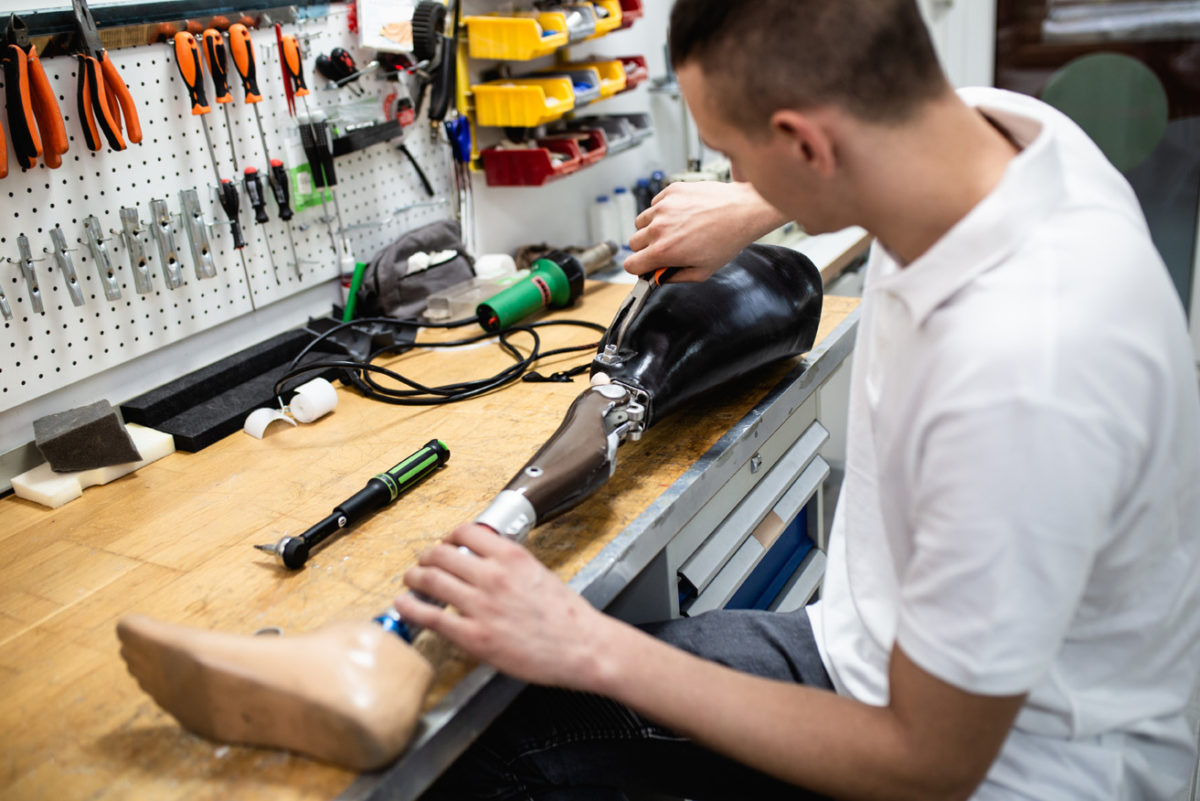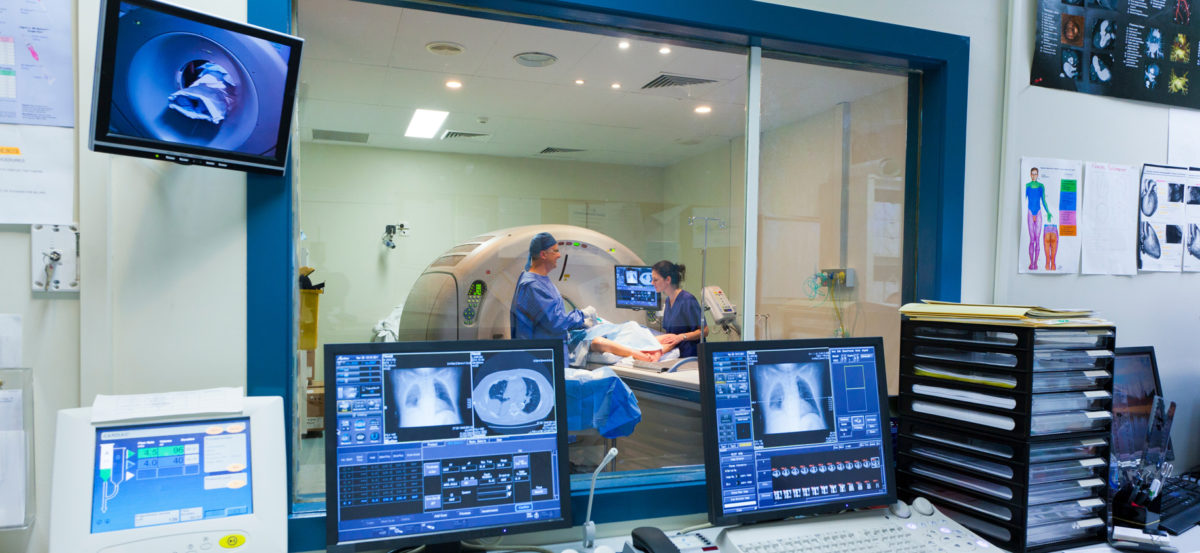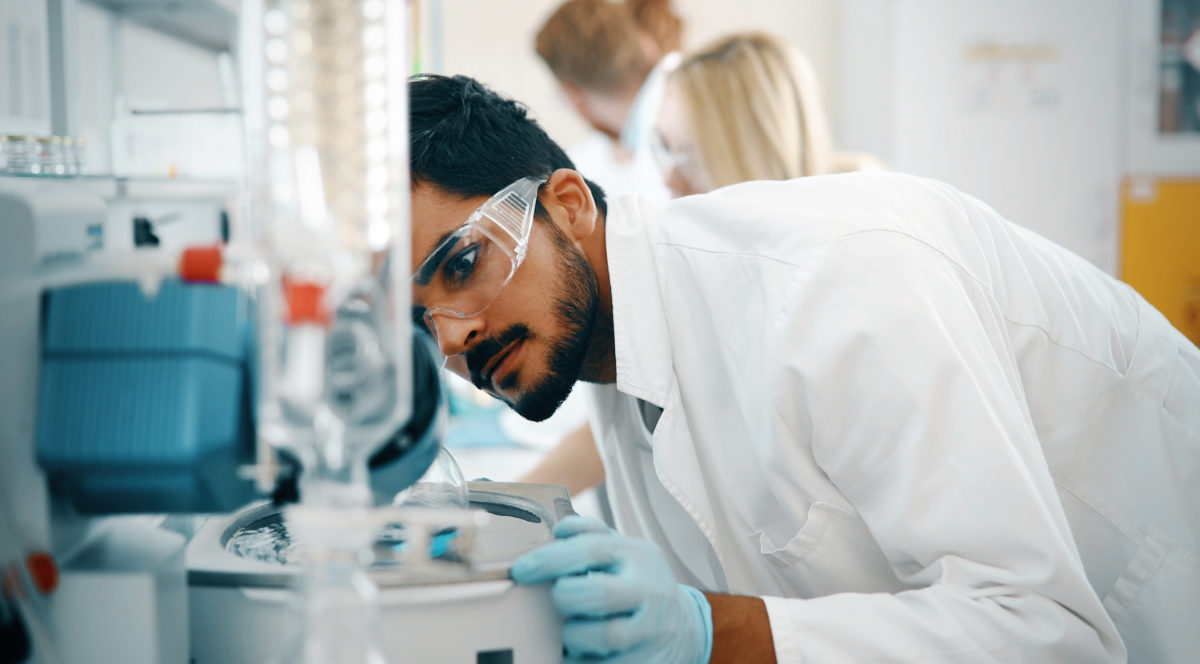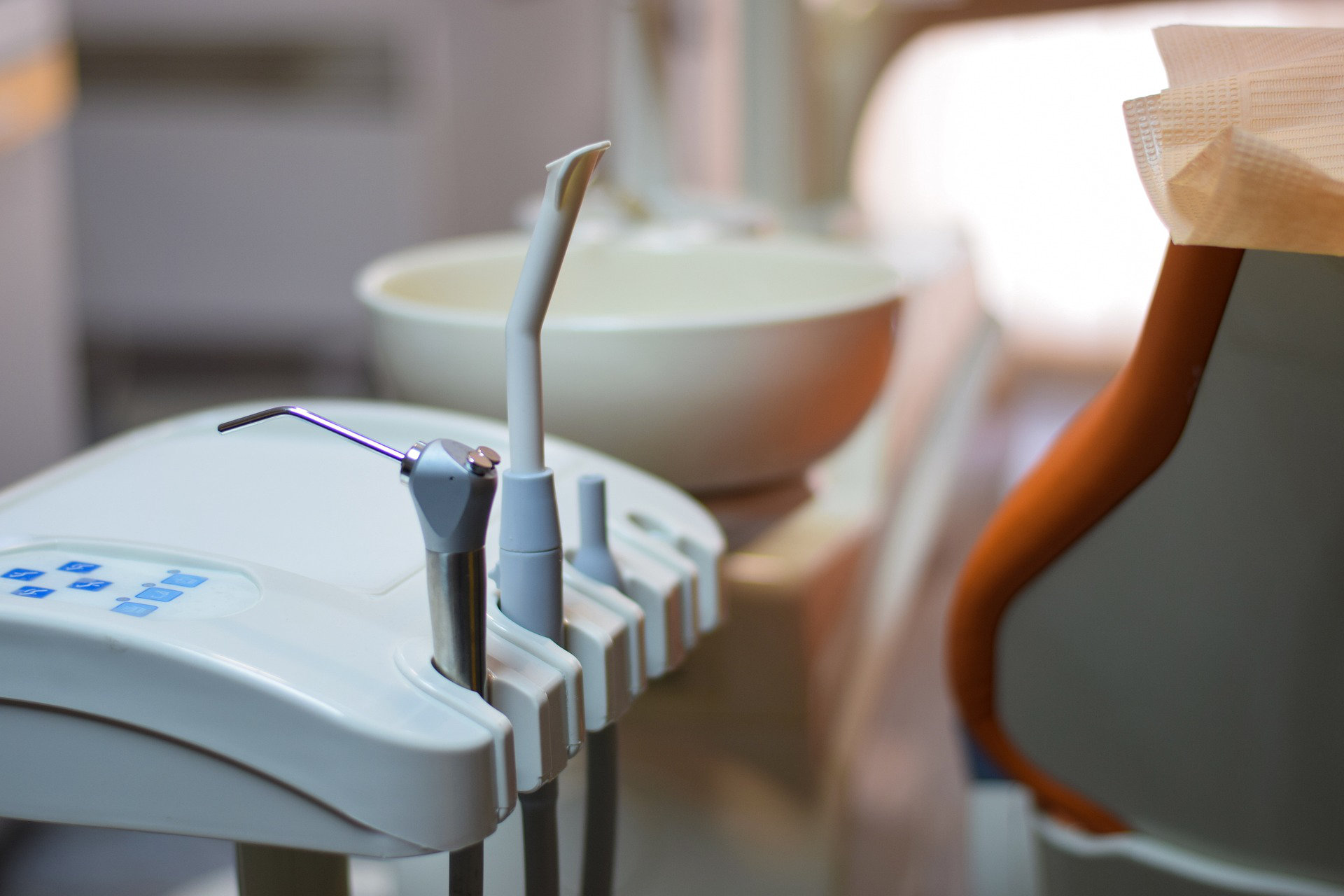Applied Nursing Science (B.Sc.)
Who offers this course?
Berufliche Hochschule Hamburg (BHH)
Duration
9 semesters
State recognition
Yes
Type of study
Study-integrated professional training
SPECIALS
Two degrees combined in one model: In the first six semesters of the program, the professional training to become a nursing specialist is completed. The training counts towards the Bachelor’s degree with 80 credit points (CP) (in total 180 CP). After completing the training, the program is continued for a further three semesters on a part-time basis.
Qualification on completion
Bachelor of Science and professional admission as a nursing specialist
What is the content of the course of studies?
The focus of the study program is on acquiring the skills to organize, design and manage highly complex care situations in different nursing settings. Additionally, it promotes a professional attitude towards perspectives, roles, and concepts of the nursing profession, such as competencies for interdisciplinary collaboration or the motivation to actively shape the transformation process in nursing healthcare. The program particularly focuses on three areas of expertise:
(1) nursing and nursing science expertise – This area aims at handling highly complex nursing situations in acute and long-term care.
(2) Expertise in counseling and guidance – This includes direct nursing situations as well as working in interdisciplinary teams or in training and further education.
(3) Systemic and interdisciplinary expertise. This involves developing competencies to enhance effectiveness in organizational and care-related therapeutic processes, e.g. in the context of family-centered long-term care.
Where can I find employment later on?
Graduates of the program have access to a wide range of nursing fields – from traditional facilities in inpatient acute and long-term care, such as hospitals, nursing homes, specialized care and rehabilitation centers, and outpatient care, to innovative concepts such as medical care centers. There are also interesting fields of work for academically qualified nursing professionals in organizations such as welfare associations, development aid or social insurance providers.
In what fields/subject areas can I work?
Trained nurses with an academic degree in Applied Nursing Science are qualified to provide direct patient care. Here they are characterized by communicative and systemic skills in counseling and guidance, as well as in designing nursing care arrangements. At the same time, they contribute to the further advancement of nursing by supporting empirical nursing research, transferring research results into nursing practice, evaluating the quality of care and support, and much more.
Additionally, there is also the possibility of professional specialization through further training (e.g. specialist nursing, psychiatric nursing or anaesthesia and intensive care nursing). The Bachelor’s degree can also be followed by a Master’s program, e.g. in Advanced Practice Nursing or Community Health Nursing, which provides expanded skills in the practice of curative activities. This opens up new career oppurtunities in nursing science and research, nursing education, nursing management and in nursing policy.
What are the entry requirements?
- Higher education entrance qualification – certificate of general higher education entrance qualification (Abitur) or subject-related entrance qualification (Fachabitur) (according to § 37 HmbHG).
- Proof of a training contract for nursing professionals with a cooperating institution of BHH.
- Applicants who have not obtained their higher education entrance qualification in Germany are required to provide proof of German language skills at level C1 (according to the Common European Framework of Reference for Languages).
- Applicants who have completed training and have at least three years of professional experience have the opportunity to take an entrance examination (according to § 38 HmbHG).
What costs will I incur as part of my studies?
As a public university, BHH does not charge tuition fees; only a semester fee of currently €158.00 is required.







